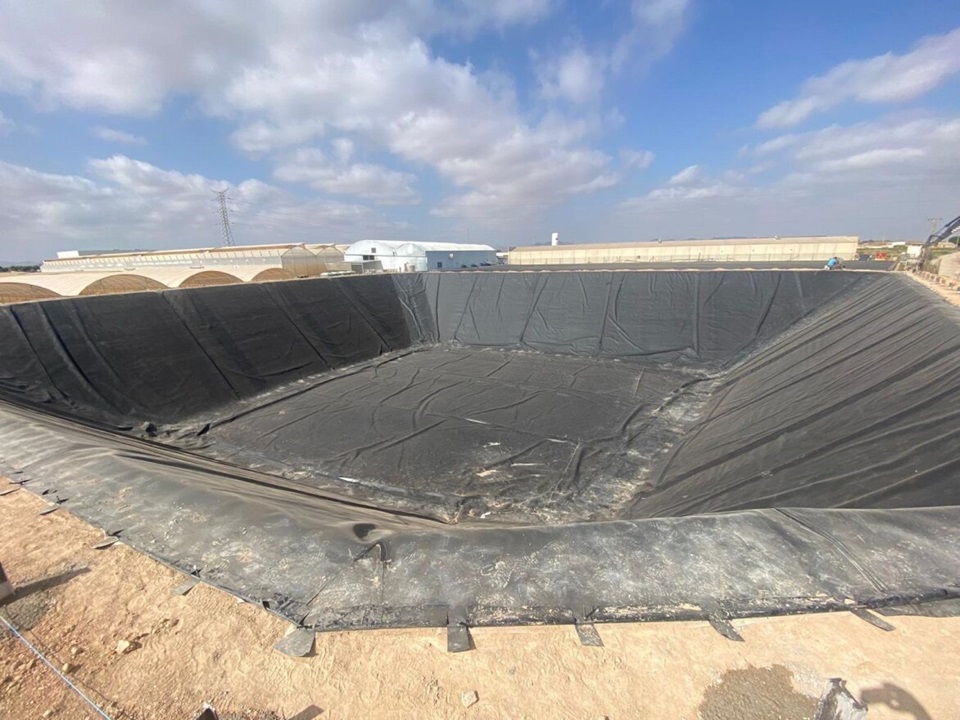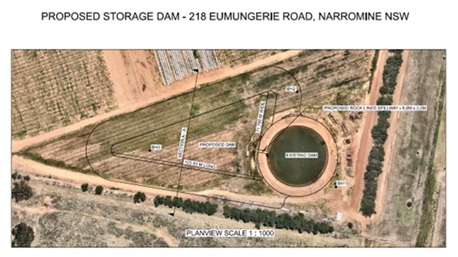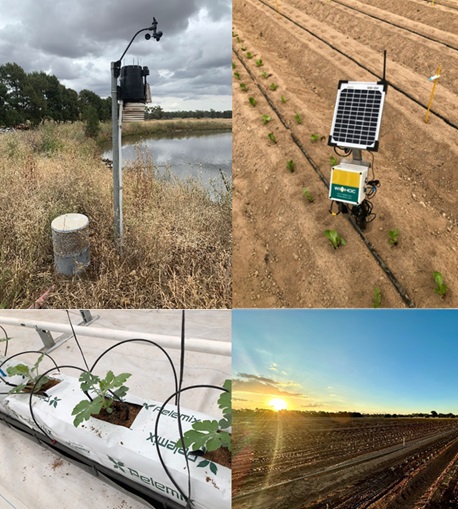
29 March 2024 News

Last week marked World Water Day, a United Nations initiative aimed at celebrating the significance of water and motivating efforts to address the global water crisis. For Enza Zaden and our partners, water stands as a vital resource essential for crop cultivation. We are committed to enhancing resource efficiency within our operations, Our ongoing mission revolves around minimizing water consumption and promoting water reuse throughout the year.
What happens if you don't have plenty of water available at your station? How do you cope with that? We asked Station Manager Antonio Perez Gonzalez in Murcia, Spain and Henk van Zyl in South-Eastern Australia how they deal with water shortage.
Antonio explains what he runs into at his station, in terms of the varying availability of fresh water: “We depend a lot on the rainy season and the availability of water via a community channel. We have five big basins in which we collect rainwater and water obtained through drainage. Some of them are covered, to reduce evaporation. They give us a buffer for one year."

In our station in Australia, which is very sensitive to drought, water also is being harvested from all buildings and stored in tanks for future use. Henk explains: “We also pump water from the river and store it in a dam for irrigation. In 2024, we will build another (40 megaliter) storage dam which will allow us to store one year's water supply, buffering us against drought and mechanical failures."

In both stations, 'drip irrigation' is used in both the greenhouses and the open field, where irrigation is controlled based on data obtained with sensors in soil probes and weather stations, among others. This technique helps us reduce unnecessary use of water.
Henk: “By optimizing our irrigation system, we have been able to use 60% less water. It is very important to continue to use the available tools to reduce our water use." Antonio adds to this: “The use of sensors is more and more important to reduce the irrigation, using only the necessary."
